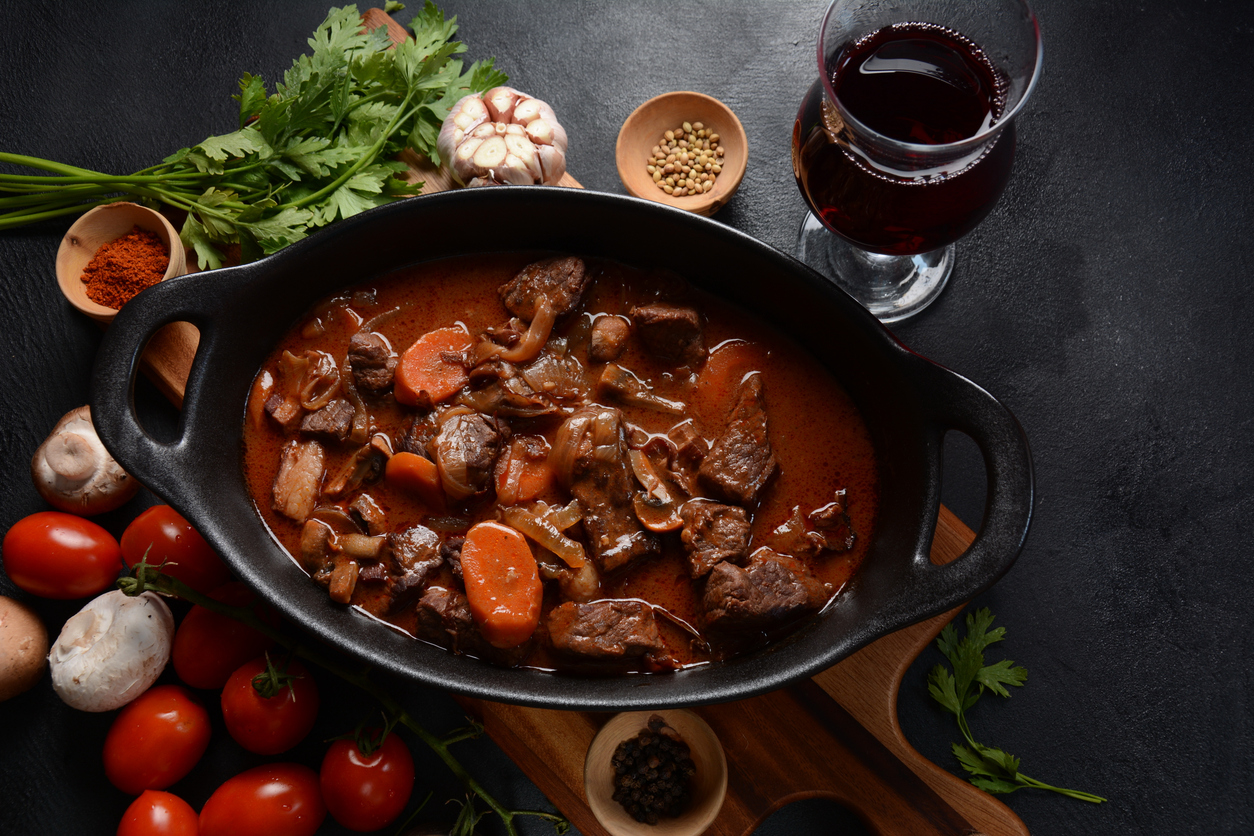
Alexander Payne does not need any special introduction. Renowned for his ability to weave intricate and compelling narratives replete with poignant human insights, he’s a luminary of the film industry behind whose cinematic mastery lies a rich cultural heritage that profoundly influences his work.
Born to Greek-American parents in Omaha, Nebraska, Payne’s upbringing was steeped in the traditions and values of his ancestral homeland. It is his connection to his Greek roots that infuses his storytelling with a unique perspective, offering audiences a glimpse into the complexities of human experience through the twin lenses of ancient wisdom and modern sensibilities.
Among Payne’s acclaimed films are “Sideways”, “Nebraska”, and this year’s “The Holdovers”, all sterling examples of his cinematic prowess. The movie “Sideways”, a captivating exploration of friendship, love, and self-discovery set amidst the backdrop of California’s wine country, garnered widespread acclaim and earned Payne an Academy Award for Best Adapted Screenplay. It’s also said to have had a profound influence on the American wine world, a fact that, twenty years later, still seems quite incomprehensible to him. Filming “Sideways”, however, did change his own understanding of wine, one of life’s pleasure he had discovered for himself while still studying at UCLA Film School.
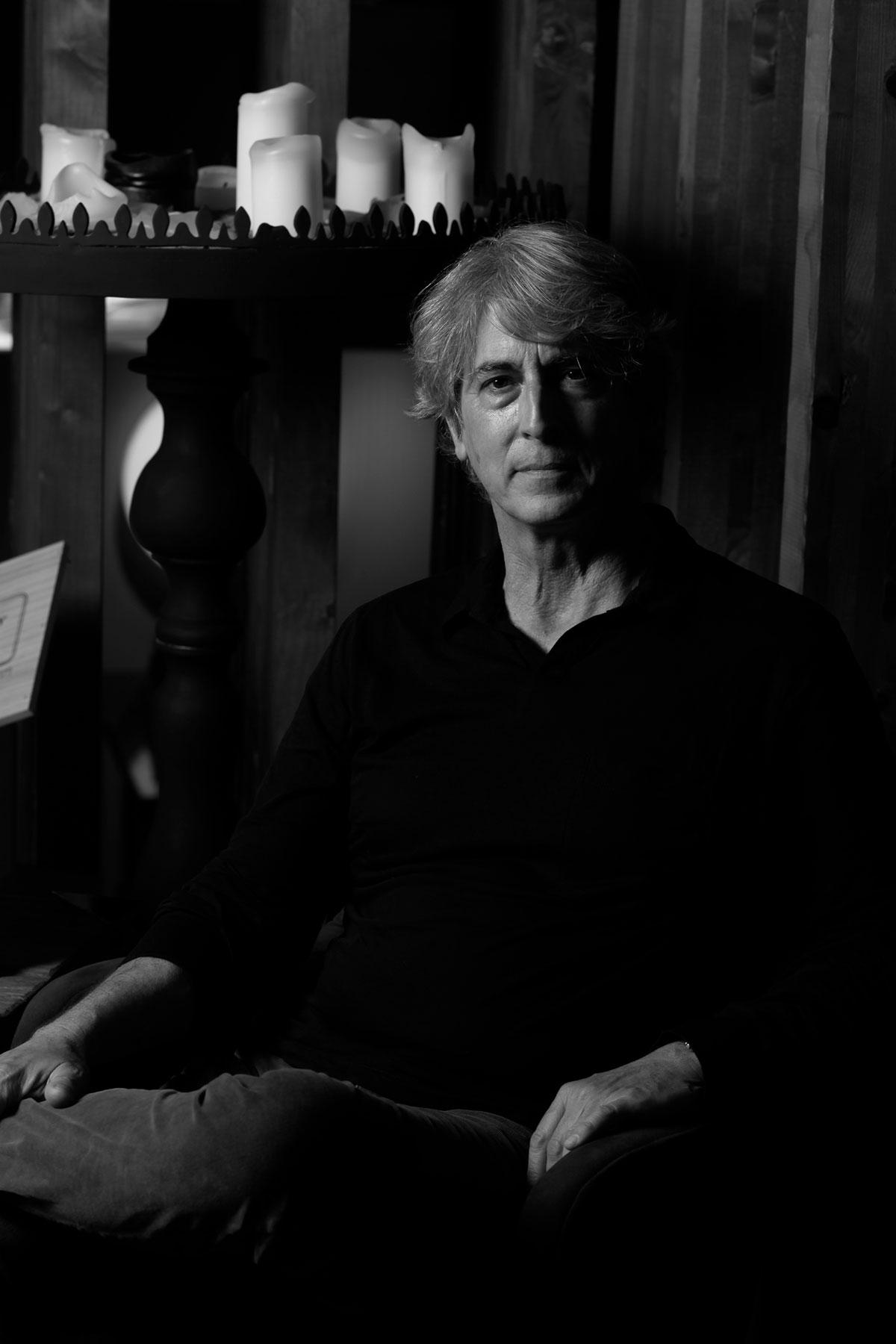
THALIA KARTALI How did you get interested in wine?
ALEXANDER PAYNE I got very interested in cooking while I was in film school in Los Angeles. The more I got into cooking, the more I started becoming interested in food and wine combinations. I slowly realized that wine is to food as music is to film. It’s a different thing, of course, but the combination creates something unique, special and symbiotic. A meal, like a movie, has a beginning, a middle and an end; it’s also about two hours long, again like a movie. So I started to get more and more interested in wine; I began subscribing to the magazine Wine Spectator. I graduated from film school in 1990 at the age of twenty-nine and I was very lucky; I got a studio deal a couple of months after graduating. So, with the little bit of money I earned – $5000 – I bought Bordeaux futures, which I’m still drinking! I thought that, as a younger person, it’s nice to give a gift to your older self, so I said “Let me give a gift to my older self by buying some futures.”
I started to learn more and more about wine, and then, at the end of my thirties, I found the book “Sideways”. Through the process of making that movie, I got beyond the whole ranking and tasting business, and was able to meet the farmers and the winemakers. I spent basically an entire season studying winemaking in Santa Barbara County, which was, at the time, a wellkept secret in terms of its Burgundy pedigree, largely Pinot Noirs and Chardonnays. Now, twenty years later, it’s just a way of life.
TK Do you think that “Sideways” contributed to the way people perceive wine in the United States?
AP Well, you read articles about this all the time. I mean, the movie is 20 years old and you still read articles about the “Sideways effect”, both in terms of the effect it supposedly had on wine awareness – the temporary downfall of Merlot, the temporary uptick of Pinot Noir – and then, in a larger sense, the often-unforeseen impact on social life a movie can hAvenue I never would have thought that this little movie would have had an impact on an industry. People have made far more money from the movie than I have or ever will; Frank Crostini, who owns the restaurant “The Hitching Post” which appears in the movie, has made millions, much more than I have ever made. And now a retired Los Angeles film critic is writing a book on “Sideways”, on why it has endured, both as a film and as a kind of entry-level course in wine appreciation.
TK The impact it had is really amazing, in particular since it wasn’t really a movie about wine; wine was the backdrop. It was a movie about friendship , love and self-discovery, wasn’t it?
AP True, but the one point when all these different things come together is during a conversation between Paul Giamatti and Virginia Madsen late at night on the porch. She explains why she likes wine and he explains why he likes Pinot Noir and, of course, he is talking about himself. So that’s the scene I think that really kind of penetrates the audience a bit, because the wine then becomes an embarrassingly obvious metaphor for a person. So, in a way, it “anthropomorphized” wine. At that point she tells him that wine gets better as it ages, reaches its peak and then starts to grow old, as happens with everything. All of creation is just a big river. We are born, we live we die, that’s it, next…
TK Do we grow better as we grow older?
AP Some people get worse, unfortunately…
TK In most of your movies, however, the characters, mostly men going through midlife crises, come out as better people, right?
AP I hope so. I mean, my cowriter and I, we don’t think maybe so much that people change, but at least they can realize things. And then, once you realize something, like you do in therapy, then you judge it and you can choose to do something about it, if you can master the will power. Habits are tough to break, though…
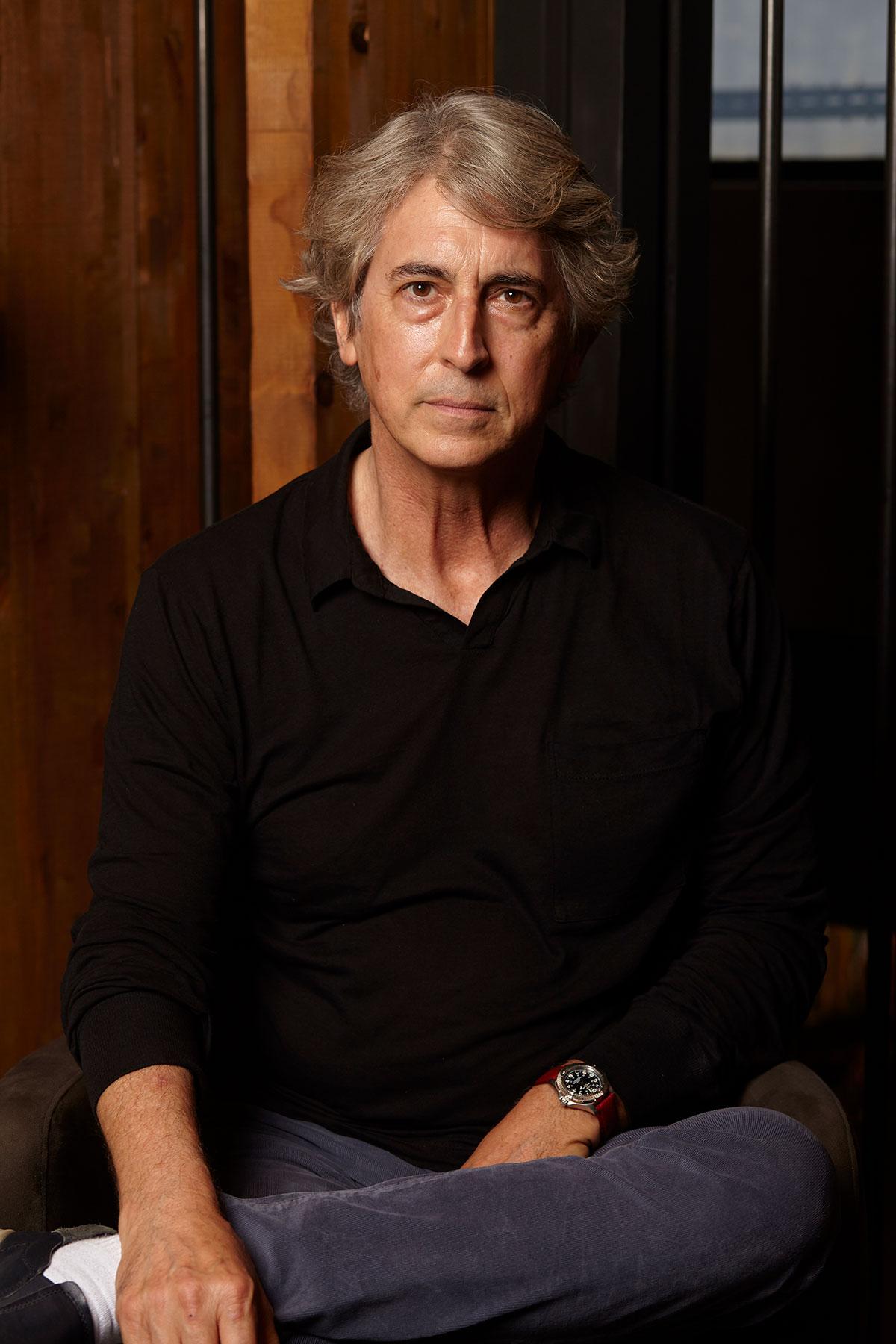
TK Can you share any memorable experiences during filming?
AP Well, one thing was that we were drinking wine while filming. Most of the time when you see wine in movies, it’s fake, and you can tell. So we said we wouldn’t do that. We tried with different stuff that looked real, but the actors complained about the taste, so we said it forget it, we’ll just use the real stuff. Sometimes we’d start drinking at 11 am. Well, we were younger then, and our livers could take it…
TK Did Paul Giamatti become a real Pinot Noir lover after the movie?
AP No, no, he’s really not that guy. Another thing I remember [about the film] is this – you know how the movie makes fun of Merlot, well, it’s just one joke: “I’m not drinking any fucking Merlot.” But still, Merlot sales started going down. So, about six months later, I get a package in the mail, I open it up and it’s a magnum of Merlot from Trefethen Winery, one of the oldest wineries in Napa Valley. With it was a letter that said: “Dear Alexander Payne, I bet Miles and Jack never had our Merlot.” It was signed by Janet Trefethen. That was sweet.
At some point in the movie, Paul Giamatti asks Victoria Madsen what the moment was that turned her on to wine, and she tells him it was when she tried a 1988 Sassicaia, which was personal to me because that was the wine that made me say, “Wow, this is what it can do.”
TK Moving on to your movie “Νebraska”, I cannot think of two places that are more different than Nebraska, where you grew up, and Greece.
AP First of all, the world we see in the movie “Nebraska” is not my world. I come from a big city [Omaha]. The world in that movie is as exotic to me as it is to you. I might be able to understand it a little bit more and be able to read the codes of these farmers, but it’s not my world. Funnily enough, when I showed the movie in Thessaloniki – as I always do – one journalist said: “Hey, Mr. Payne, your movie is very Greek.” I said “How so? This is a very American movie,” but he insisted. “No, Mr. Payne, it shows classic Greek themes: the son dutifully taking care of the parents who drive him crazy; the idea of moving from a town back to the village…”
TK Both your grandparents came originally from Greece. They owned a number of restaurants in different parts of the United States, but none of them Greek restaurants. Do you have a favorite Greek dish?
AP Pastitsio! What’s better? Everyone loves pastitsio. But seriously now, Greek cuisine is amazing, the freshness of the vegetables, the fish… There’s nothing better.
TK What’s your favorite Greek wine?
AP I’m still learning. Greek wines in the last 10-15 years have risen. Maybe because viticulture is getting better. People have been drinking white wines from Santorini; everybody loves the volcanic ash. But I’m still learning and I make it a point when I am in restaurants around the world to order Greek wines. They aren’t super expensive, which is also nice. A lot of people now know Malagousia and Xinomavro, Agiorgitiko, and Assyrtiko.
TK Do you prefer watching a movie on a streaming platform in the privacy of your home, enjoying a glass of your favorite wine, or with the lights out in a movie theater?
AP The movie theater, 100%. A movie theater is like a church. Church is a place where, ideally, you go to have a public, shared, transformative experience. I might be exaggerating a bit here; what I really mean is that I just worship the cinema, and I think our history, as we go forward, will be demarcated into “before photography” – and particularly “before cinema” – and after. Because we photographed the 20th century, we are going to be endlessly dissecting it.
TK What will it take to get people back to the movie theaters?
AP It’s already happening. It is going to take a little faith and, because of the pandemic, it might take a little time. Movies and television have been fighting since television appeared in 1950. Everybody said back then that it was going to be the end of movies, and then DVDs came and everyone said “Well, this is going to be the end of movies.” Because of the pandemic and with the help of Netflix, TV seems to be winning this round. But you still have to take a girl somewhere on a Friday night and people will still want to see all the big productions on a big screen as well. Those I’m worried about are the low budget movies. Are those going to be relegated to home consumption through streaming? It remains to be seen. Some countries, such as France, for example, make sure that all movies make it to the cinemas, because they believe it’s an important part of their culture.
TK Are you concerned that AI might affect the way movies are made?
API don’t know that much about AI except for what I read in the press. What I do know is that only Alexander Payne can make an Alexander Payne movie, let alone a machine. I don’t think AI can substitute for humanity. But it sure is fun to type in something like: “Write a Shakespearean sonnet on how hard it is to park in Athens,” and get one!
Με την εγγραφή σας στη λίστα των παραληπτών θα λαμβάνετε το newsletter του grape!

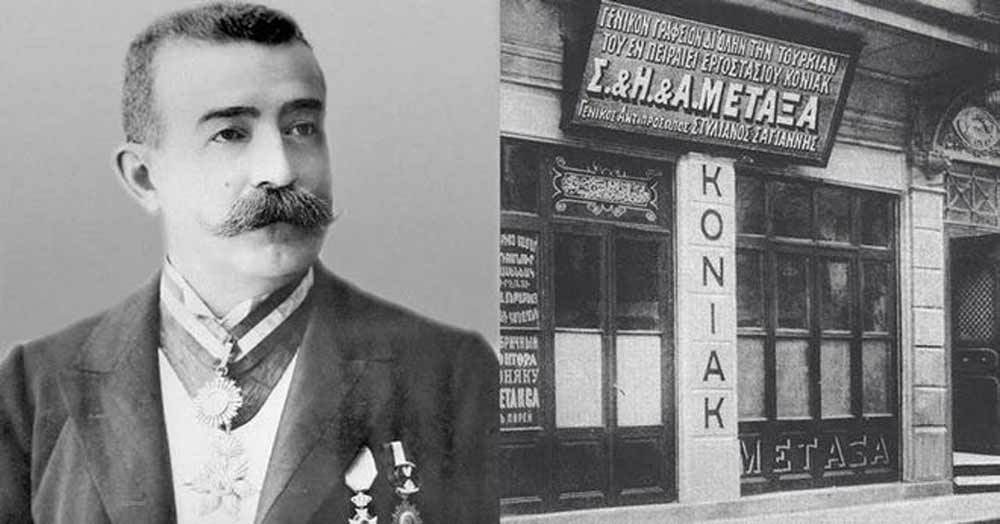

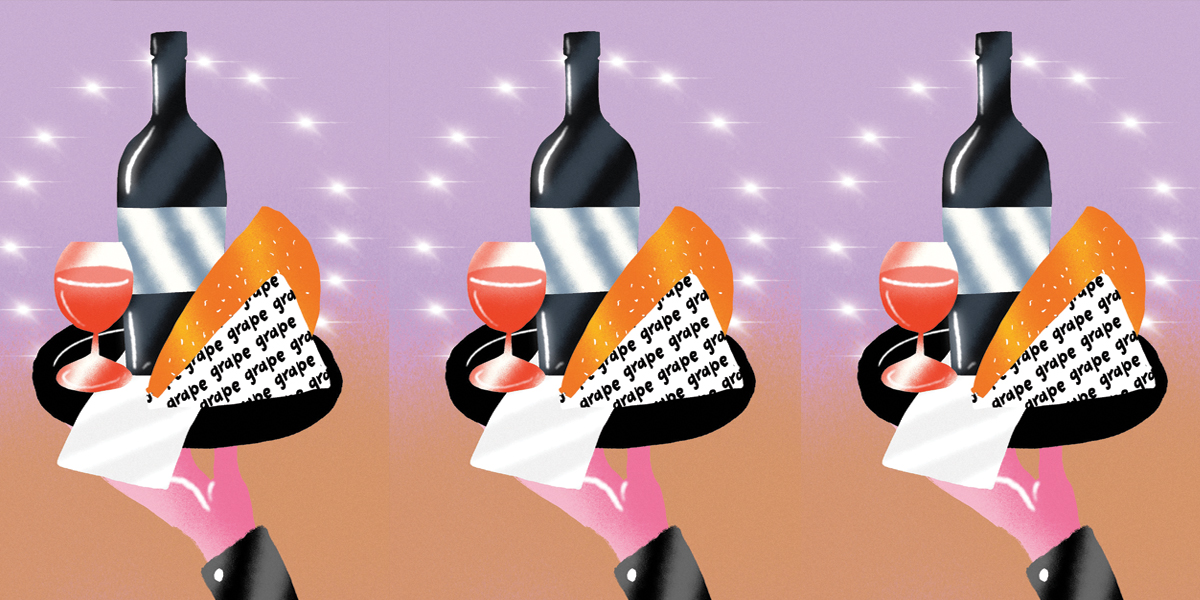
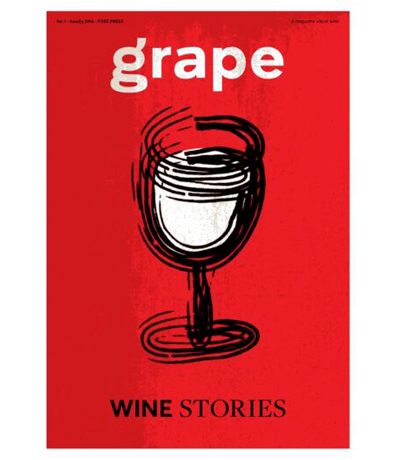
Με την εγγραφή σας στη λίστα των παραληπτών θα λαμβάνετε το newsletter του grape!